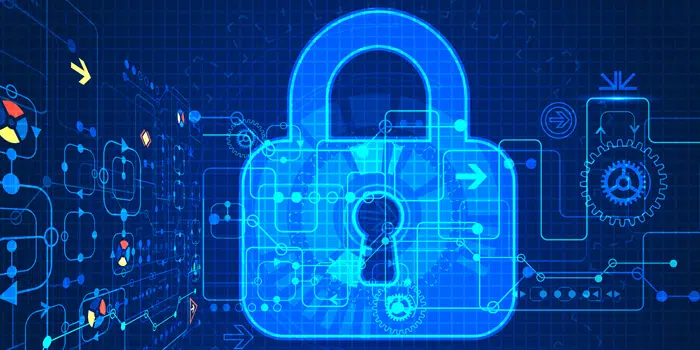How to Get Started on Your SSP and POA&M
As your organization works toward achieving CMMC compliance, creating your System Security Plan (SSP) and Plan of Action and Milestones (POA&M), are critical steps in the process. The documents both provide a foundation for your remediation efforts as you work […]
How to Get Started on Your SSP and POA&M Read More »


